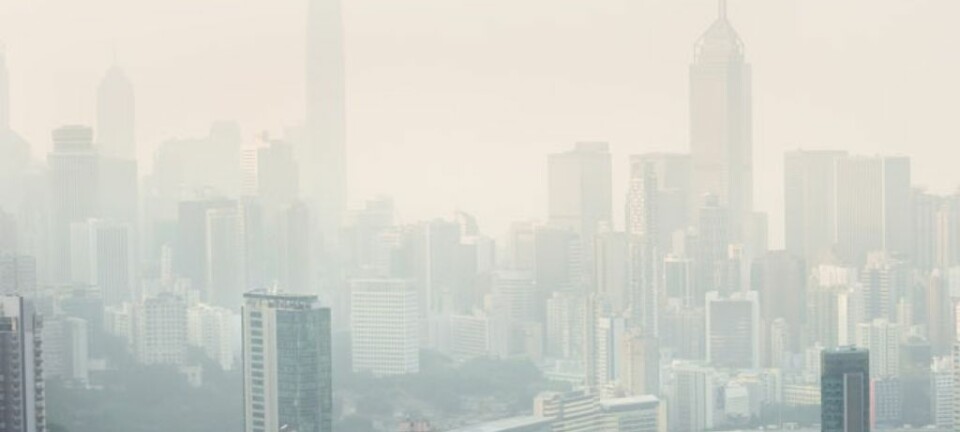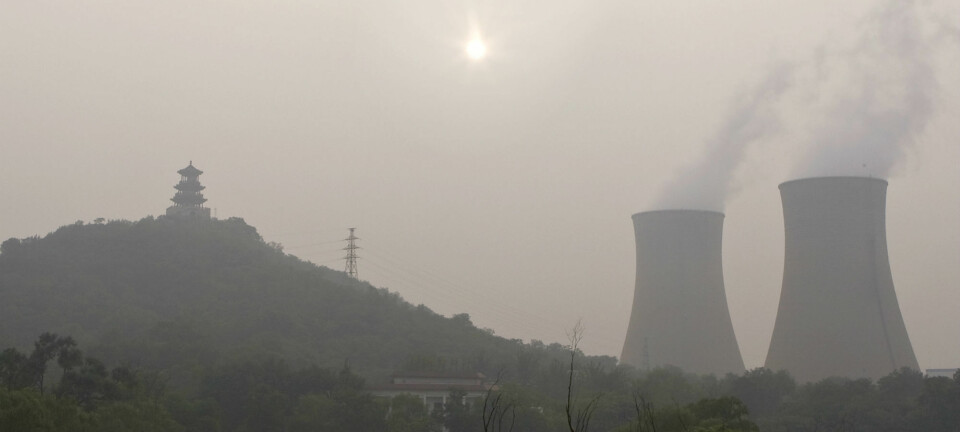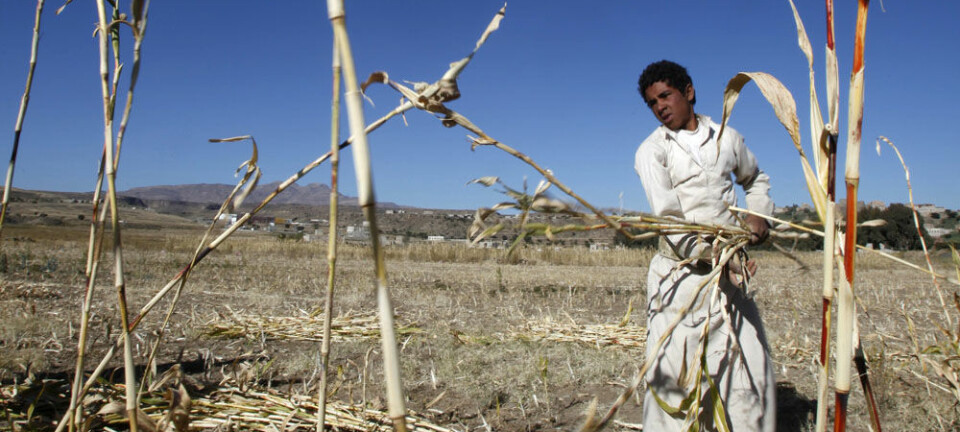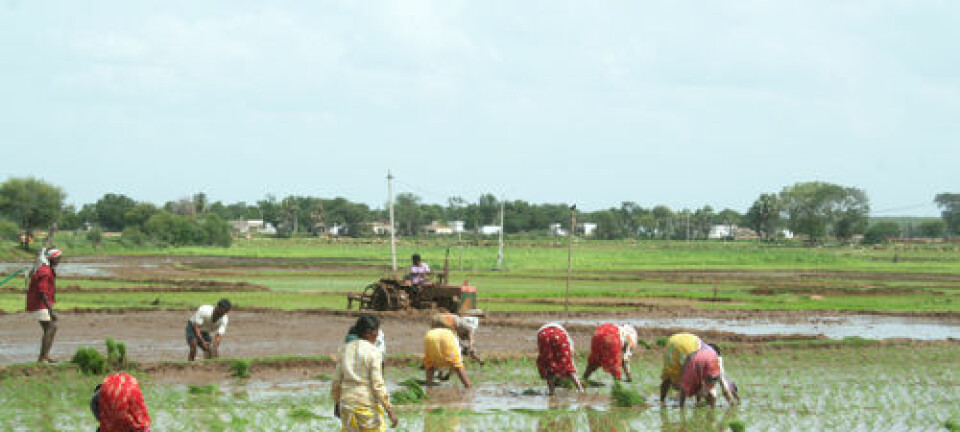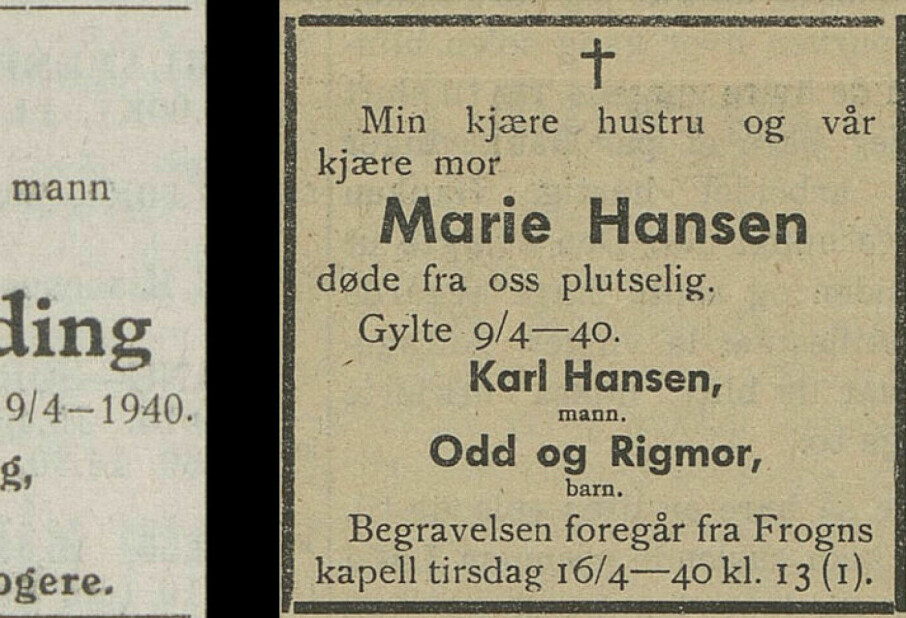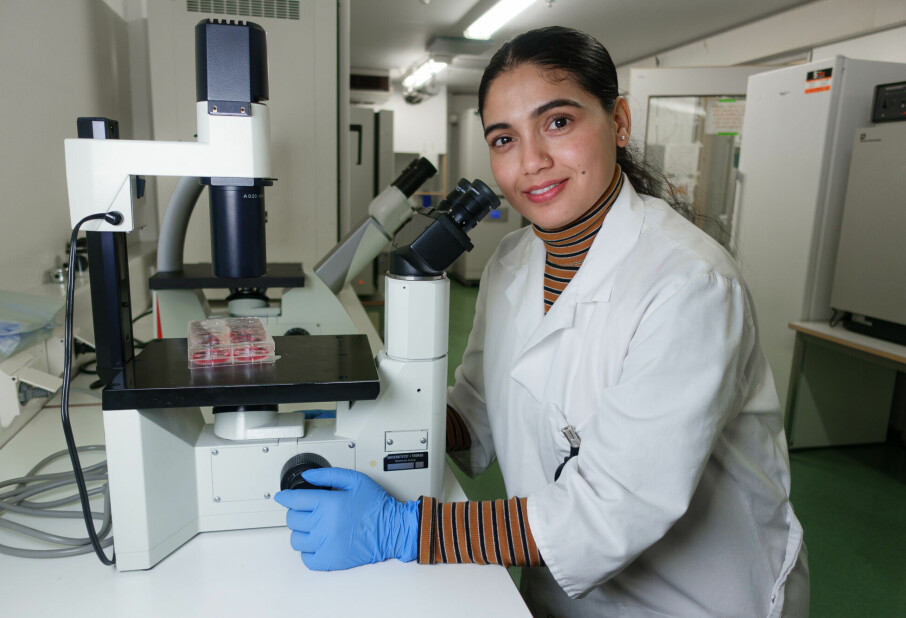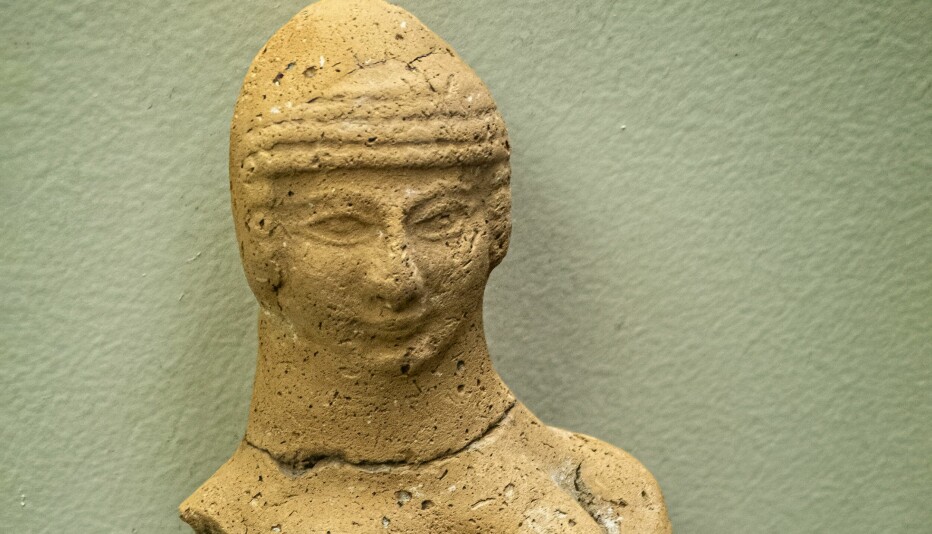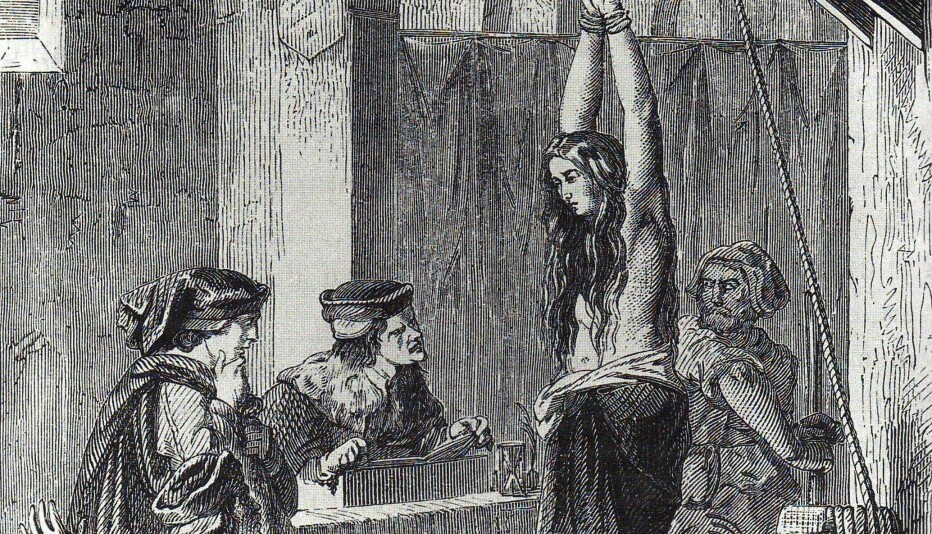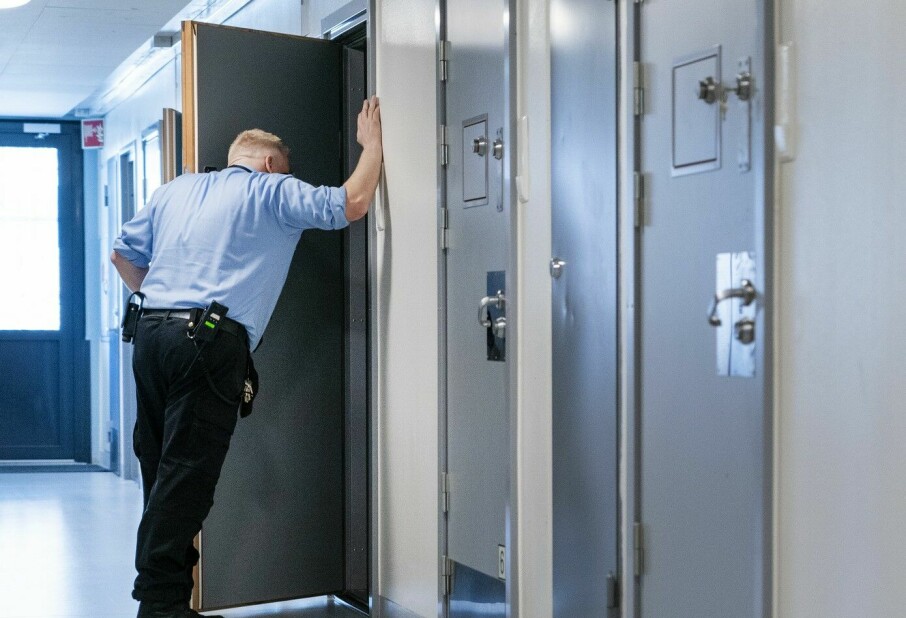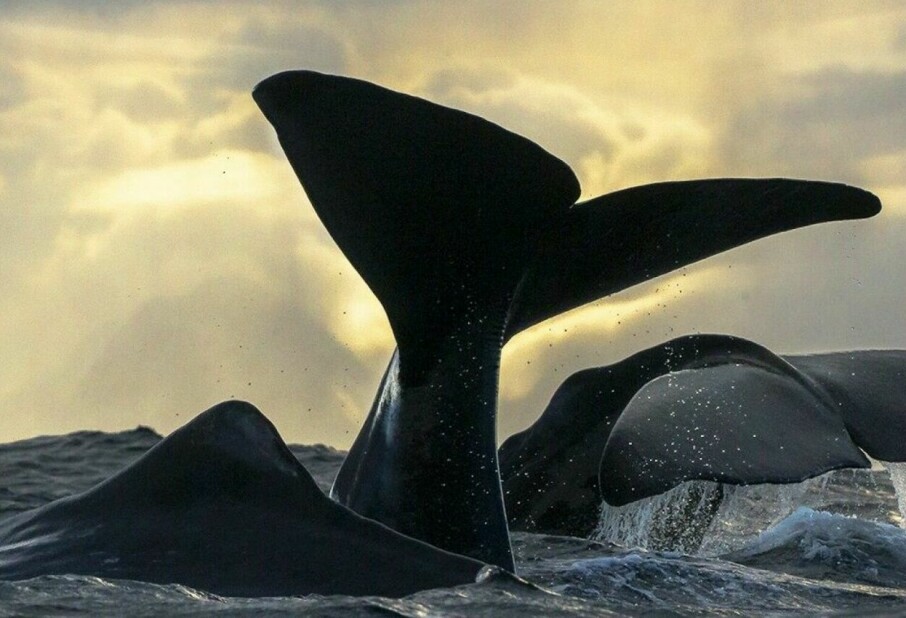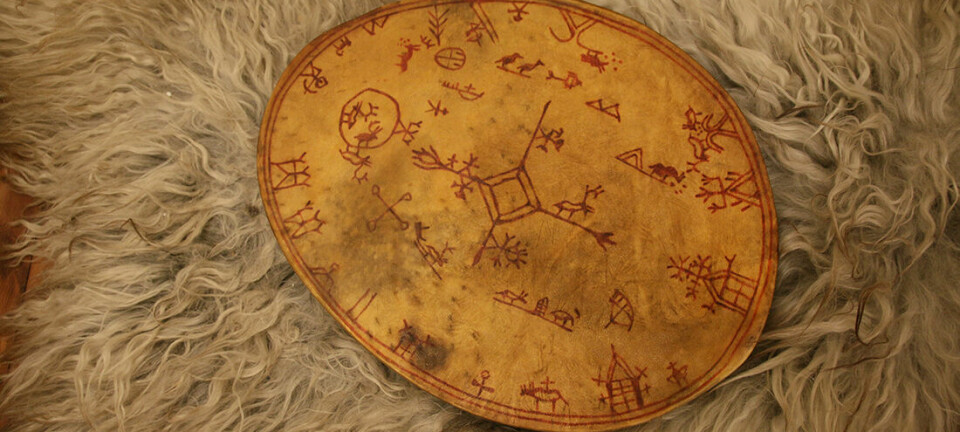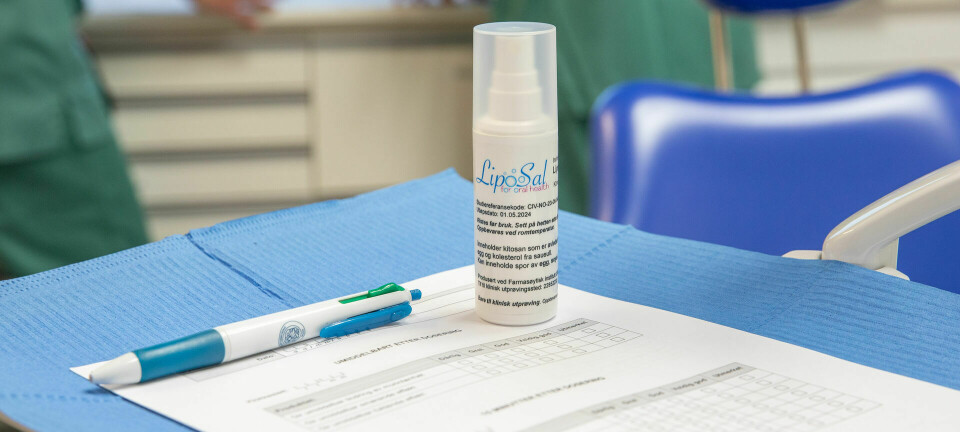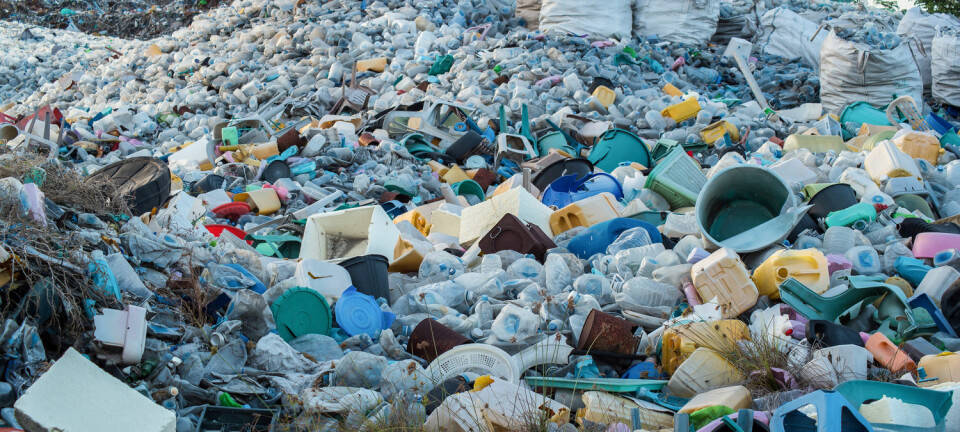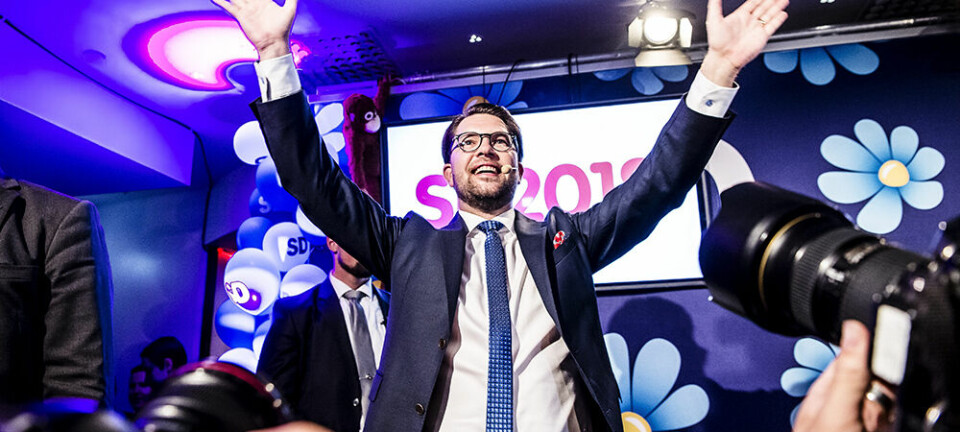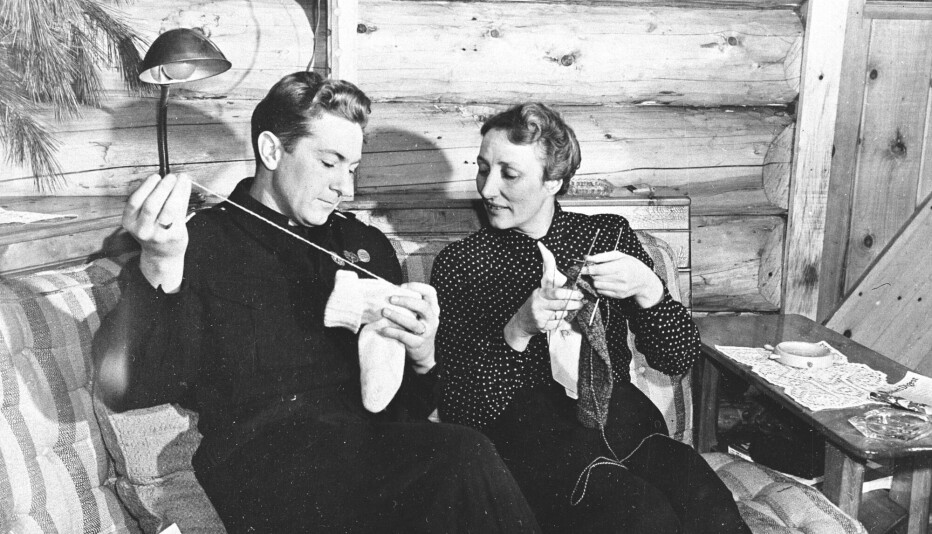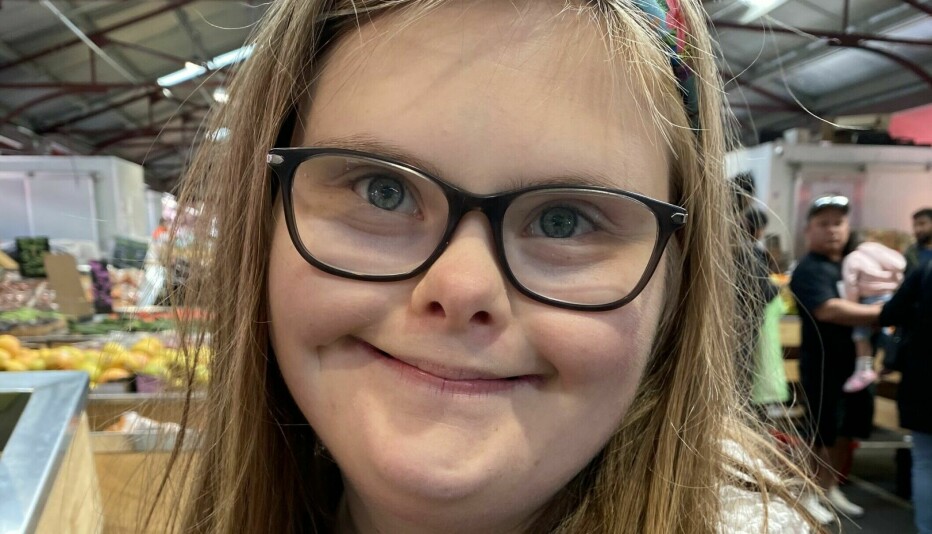An article from Norwegian SciTech News at NTNU
"We all have to make sacrifices"
It's time to wake up and smell the coffee – then cycle to work.
Denne artikkelen er over ti år gammel og kan inneholde utdatert informasjon.
"In a 1,000 years from now, between 15 and 40 percent of the CO2 we emit today will still be left in the atmosphere", states Professor Anders Hammer Strømman at the Norwegian University of Science and Technology (NTNU).
"We are talking about effects 30 generations ahead. This is something people need to take to heart now," he says.
Hammer Strømman is co-author of the latest report from the Intergovernmental Panel on Climate Change (IPCC) that will be presented later today. Here, the researchers will present several possible solutions to mitigate climate change.
It doesn’t stop with 30 generations either. The effects of our actions today will be measurable for longer than that. The content of greenhouse gases in the atmosphere grew stronger over the past decade than ever before.
"It is time to wake up," says the climate researcher.
We all must act
"There is no free lunch here. Nobody is going to solve these problems for us. We can’t sit back and let the politicians take care of it. We all have to make sacrifices," he says.
This means that every one of us must travel less and buy less.
"We in the Western world are role models for people in India and China – they want the same as we have. That means we need to change our lifestyle," he says.
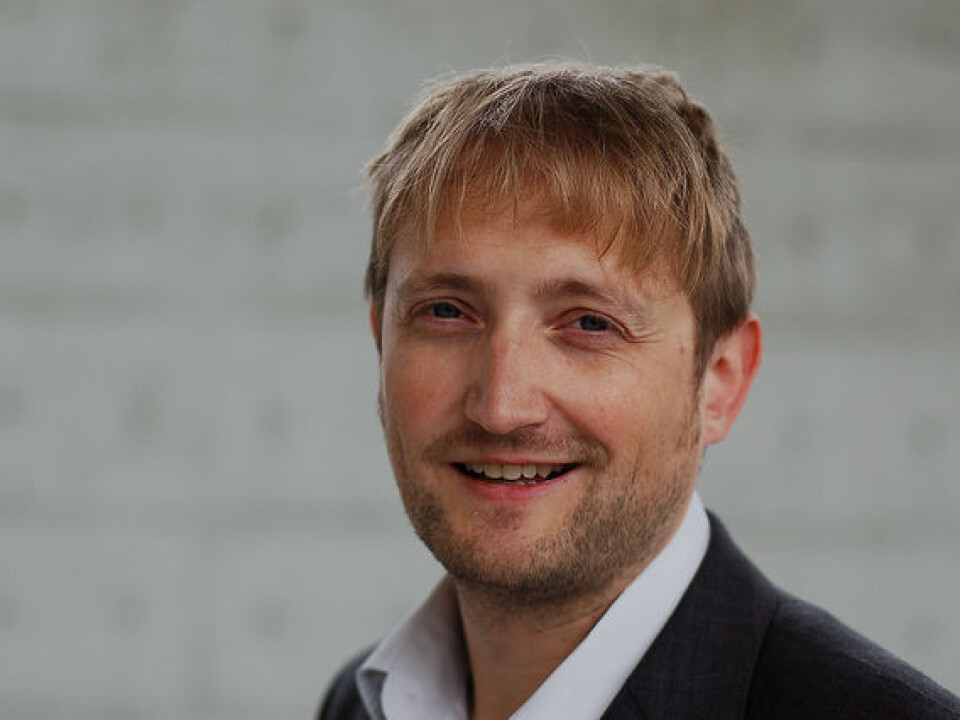
People in the West have benefited from an increase in living standards, which has largely been driven by a large consumption of fossil fuels.
"We haven’t managed to reverse the trend," he says.
Emissions increase
In recent years, emissions of greenhouse gases to the atmosphere increased by about 2 percent a year.
Meanwhile, if we are to have any chance of avoiding that the planet heats up more than 2 °C, compared to pre-industrial times, by the year 2100, they must instead be reduced by 3 to 6 percent a year
"We already see that this will be very difficult," says Hammer Strømman.
The consequences of global warming may be lower food production, ocean acidification, loss of biodiversity, worse weather conditions and poor access to fresh water.
Must cut fossil fuels
Hammer Strømmen cannot reveal any of the countermeasures that will be found in the upcoming report. But he says the overall solution scenarios take bioenergy and carbon capture and storage into the calculations.
"Unfortunately, it isn’t commercially viable to invest in technology for capturing and storing CO2 today," says Hammer Strømman.
It is still too cheap to pollute. If the researchers’ solutions are to have any chance of being implemented, it must become more expensive to pollute than not to.
"Investing in renewable energy is not enough. Consumption of fossil fuels must be reduced," says Hammer Strømman.
Bad news for Norway?
This might of course be bad news for Norway, a nation dependent on income from petroleum products, unless it begins to invest in renewable energy.
Hammer Strømman isn’t in a position where he wants to make a statement on that issue. He still has one clear message:
"The longer we wait, the more expensive it becomes."
---------
The IPCC-report wil be released today at 11 am CEST. ScienceNordic.com will immediately bring you an article on it.







